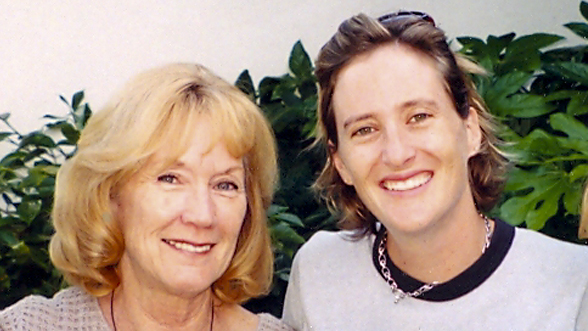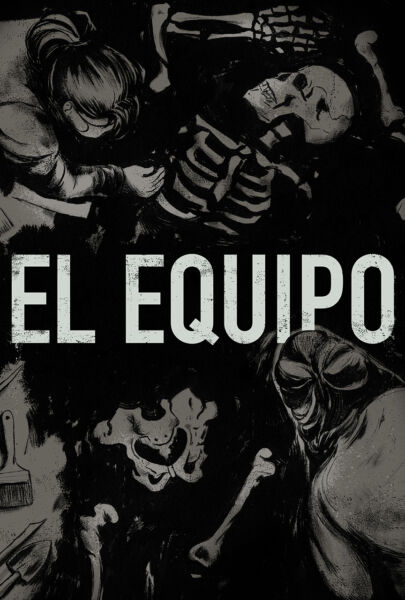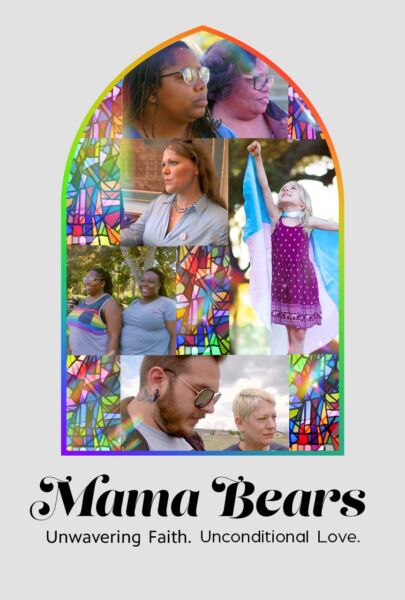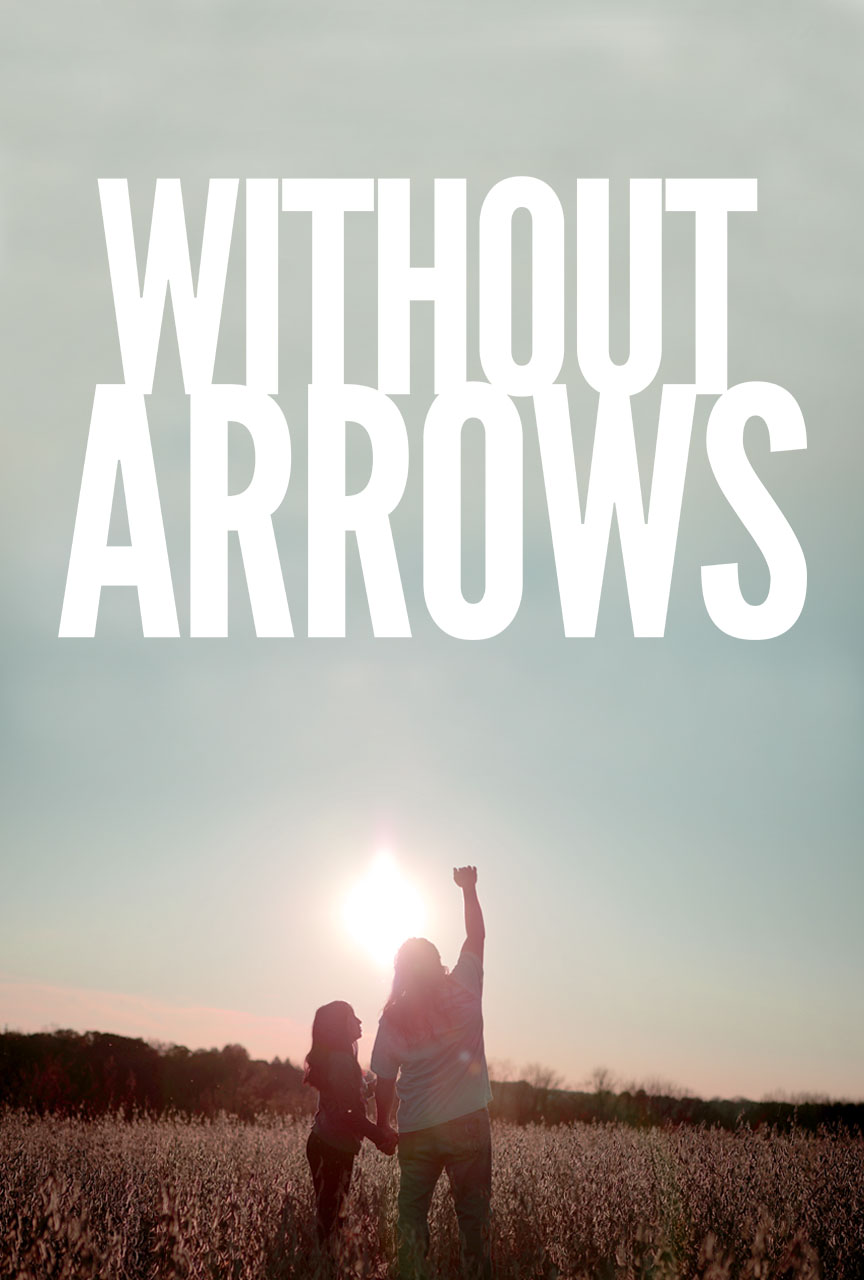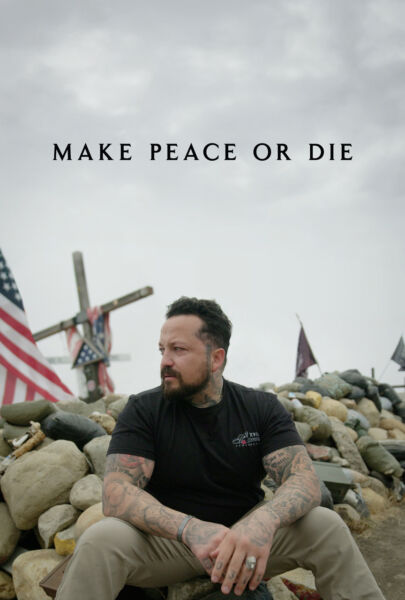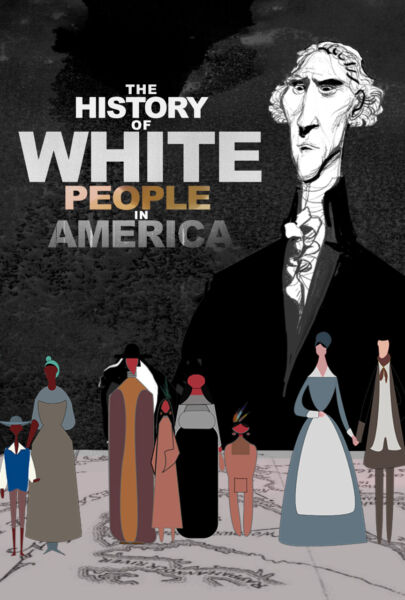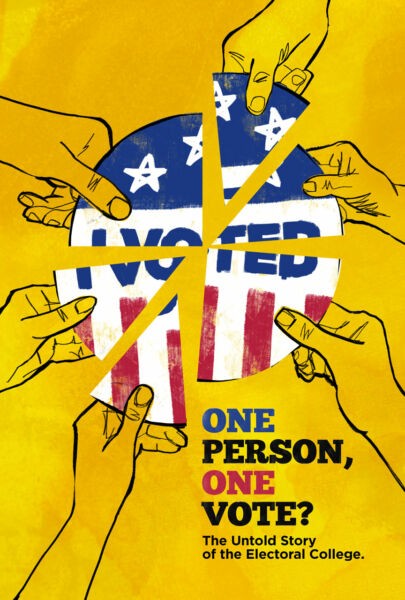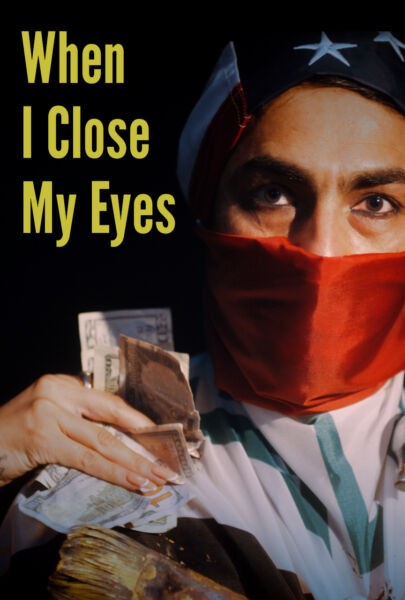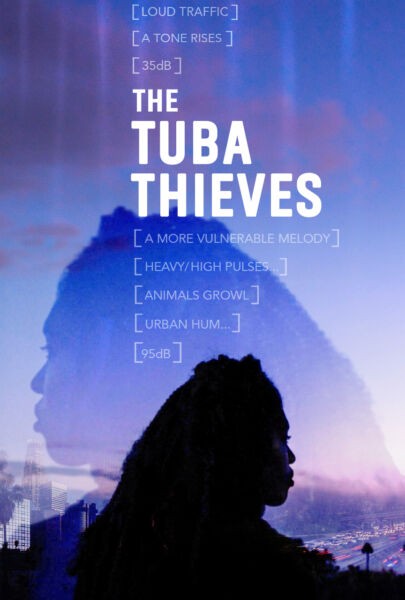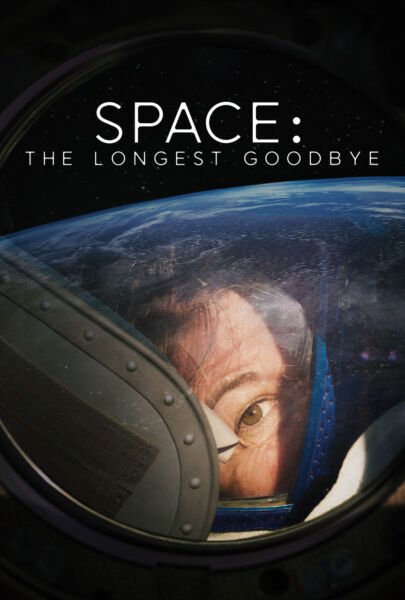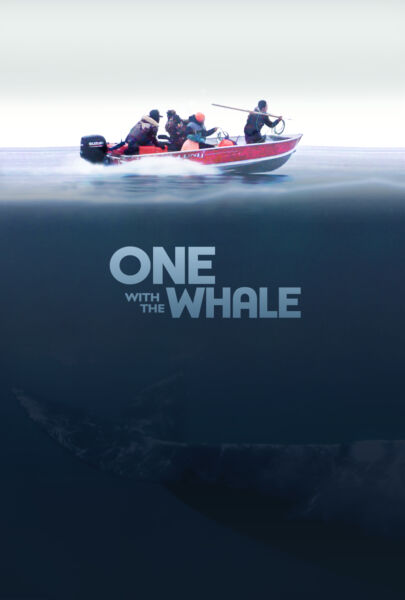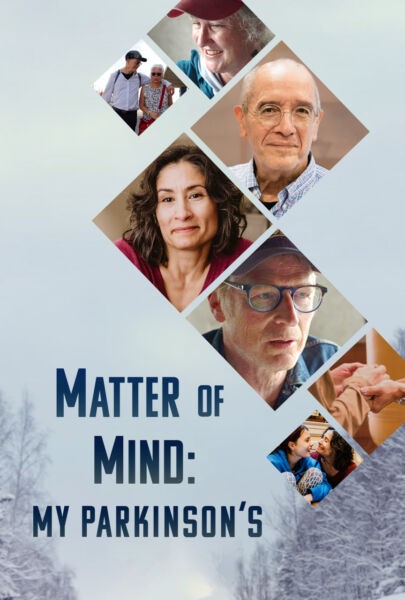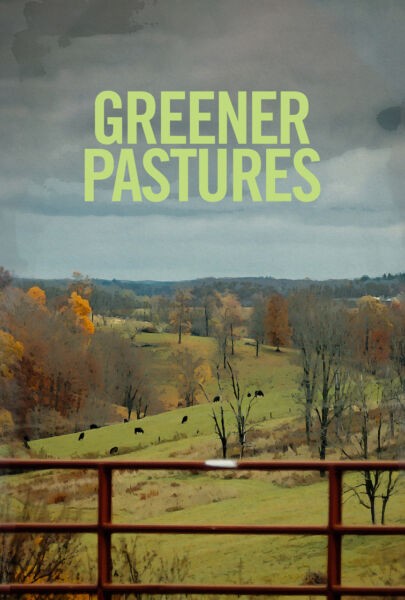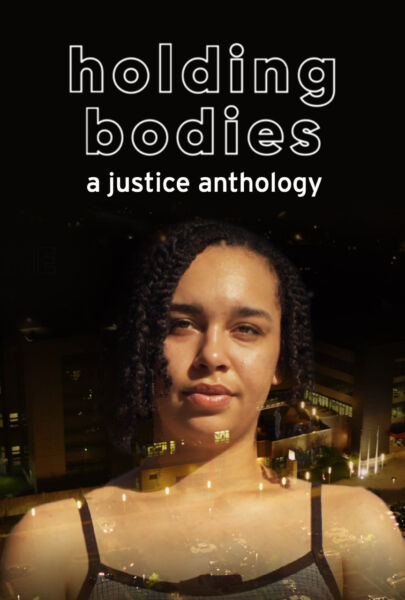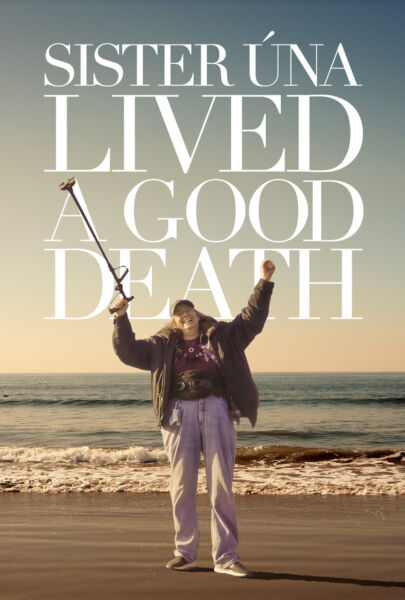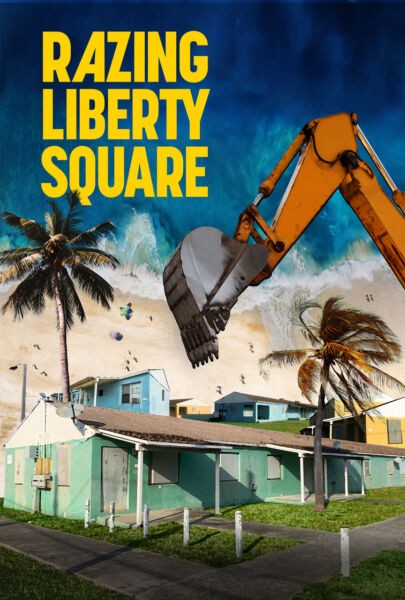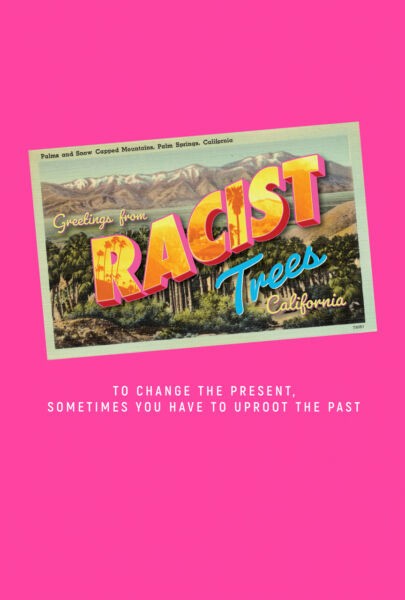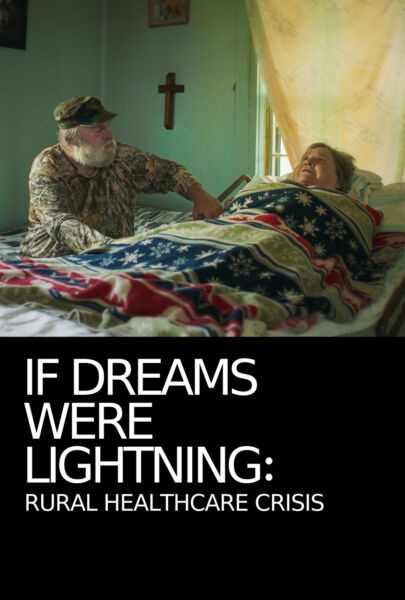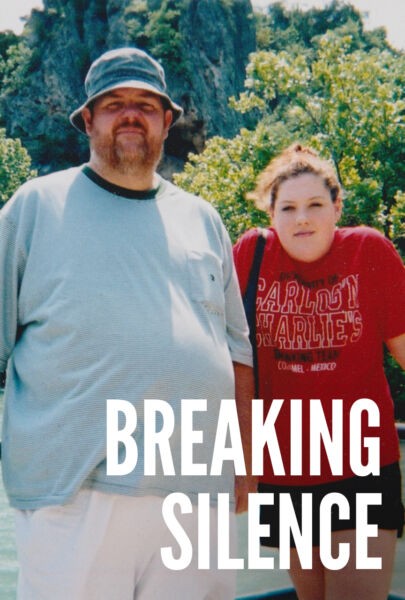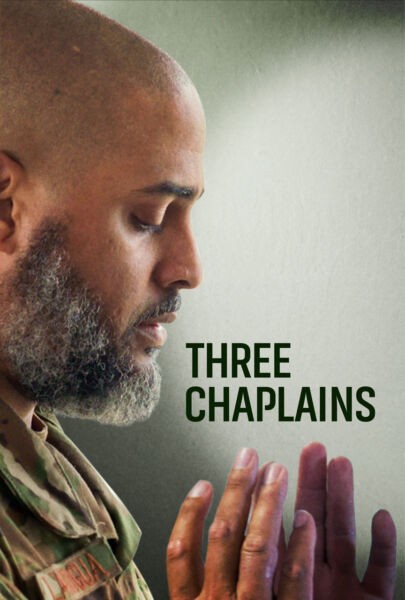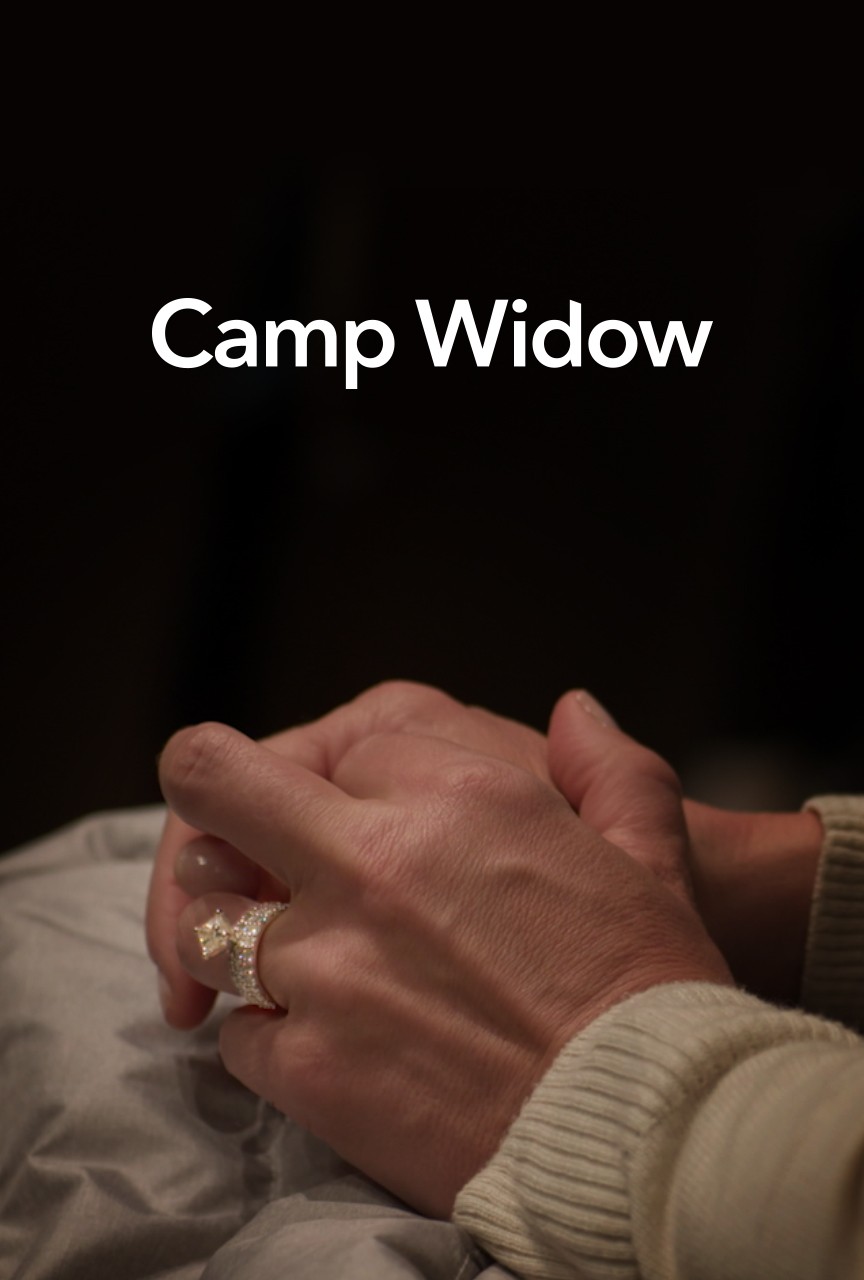You’re Looking at Me Like I Live Here and I Don’t
About the Documentary
In Danville, California, the Traditions Alzheimer’s Care Unit houses 20 residents who are shepherded by caregivers through scheduled activities like balloon baseball and bingo. For most residents, life is routine. But for Lee Gorewitz, life is an odyssey. From the moment she wakes up, Lee is on a quest for something that she can neither articulate nor comprehend. Confined by the physical boundaries of the Care Unit, she scavenges for reminders of her past identity. A total immersion into the fragmented day-to-day experience of Alzheimer’s disease, You’re Looking at Me Like I Live Here and I Don’t is the first documentary filmed exclusively in an Alzheimer’s care unit, told from the perspective of someone suffering from the disease. Lee's search is for more than a word, or a memory, or a familiar face. It is a quest for understanding. She wanders through her unit. She gazes through windows, examines other residents’ rooms, and strains to see outside the front entrance. She scours family photographs in her bedroom, unable to identify herself in the pictures. Combing through the items in her closet, she mistakes an everyday outfit for her wedding dress. She finds a birthday card but cannot recognize that she is the “Mom” to whom the card is addressed. Exasperated and missing her children, Lee embraces a make-believe family of stuffed animals. Although she lacks the ability to grasp memories, Lee’s attempts at recollection demonstrate unusual and poetic candor. Reflecting on her birthplace, she says, “Brooklyn, it’s right behind you.” Regarding her deceased husband, she professes, “How do I even say it? The air — was very good.” Considering love, she intones, “That’s a damn good thing to work with.” When in good spirits, Lee consoles heartbroken women, kisses caregivers, and shakes a tail feather long after the music has stopped. But with no realistic option for leaving her unit, Lee gives in to frustration. She argues with a tablemate during lunch, kicks a bouncy ball at a decrepit man’s legs, and unapologetically tells a sickly woman that she is going to die. With a past that is out of reach, Lee turns her attention to her present surroundings. Although she struggles to coexist with the other residents, she tries to accept her new home. On a final evening lap around the unit, Lee approaches her caregiver and says, “Now I’m going to my family. Aren’t you mine?” Widowed, cloistered, and slowly undone by her inability to think or speak clearly, Lee has every reason to succumb to the expectations of her conditions. Instead, she defies despondency. When she breaks down, she rebuilds. When she loses words, she summons emotions. And, despite the small defeats of her efforts, she remains an exceptional and resilient soul. Immersed in the confounding logic of Alzheimer’s, Lee’s story adheres to the discordant but never fully crippling rhythms of the disease. Here is one extraordinary woman who will not let us forget her, even as she struggles to remember herself.
The Filmmaker
A participant in the 2010-2011 SF Film Society FilmHouse Residency, Scott Kirschenbaum’s other projects include A Soapbox In Haiti, a speaker series that premiered on four Haitian television stations on the one-year anniversary of the earthquake, and Elementary Cool, a short fiction film that screened at Playworks’ Play On Conference in Fall 2010 and participated in the San Francisco Film Society’s FilmHouse Residency, and Filmmakers in the Classroom program in 2011.
Kirschenbaum previously completed the documentary Jumor: A Journey through Jewish Humor, about the role of humor in Jewish nursing homes around the country. He has written profiles of the elderly for the Yale Journal of Humanities in Medicine, performed stand-up comedy for nursing home residents, and served as a personal assistant to a screenwriter suffering from Alzheimer’s disease.
The Filmmakers
Scott Kirschenbaum
Learn More About the Documentary
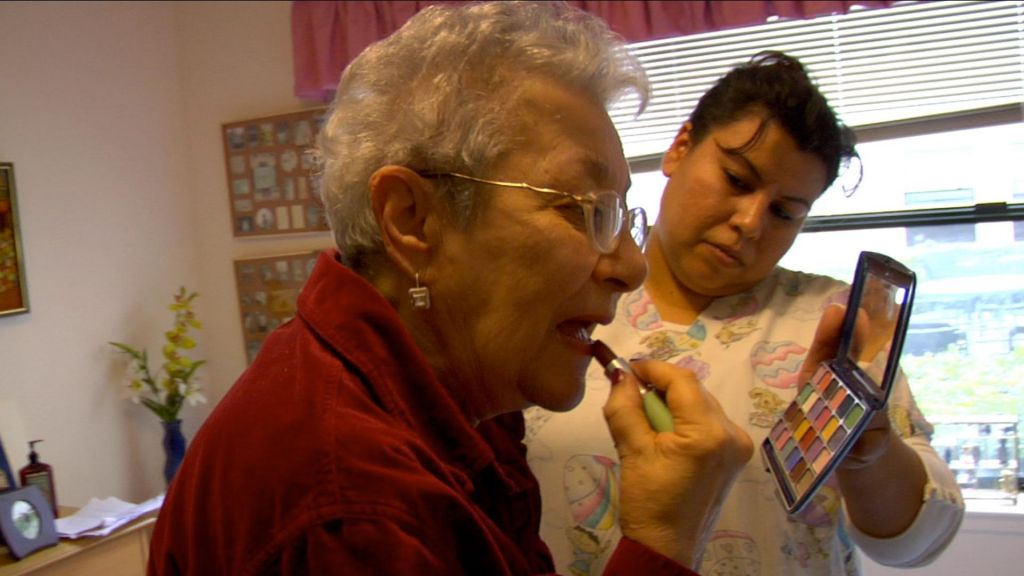
The Inner Pulse of Alzheimer’s
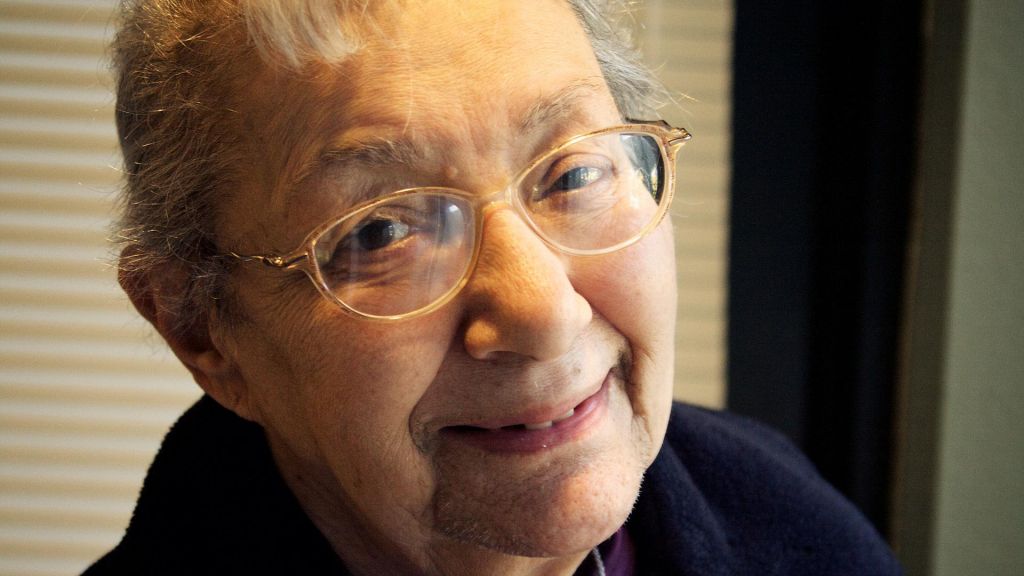
Making a Film About Alzheimer’s From the Patient’s P.O.V.
